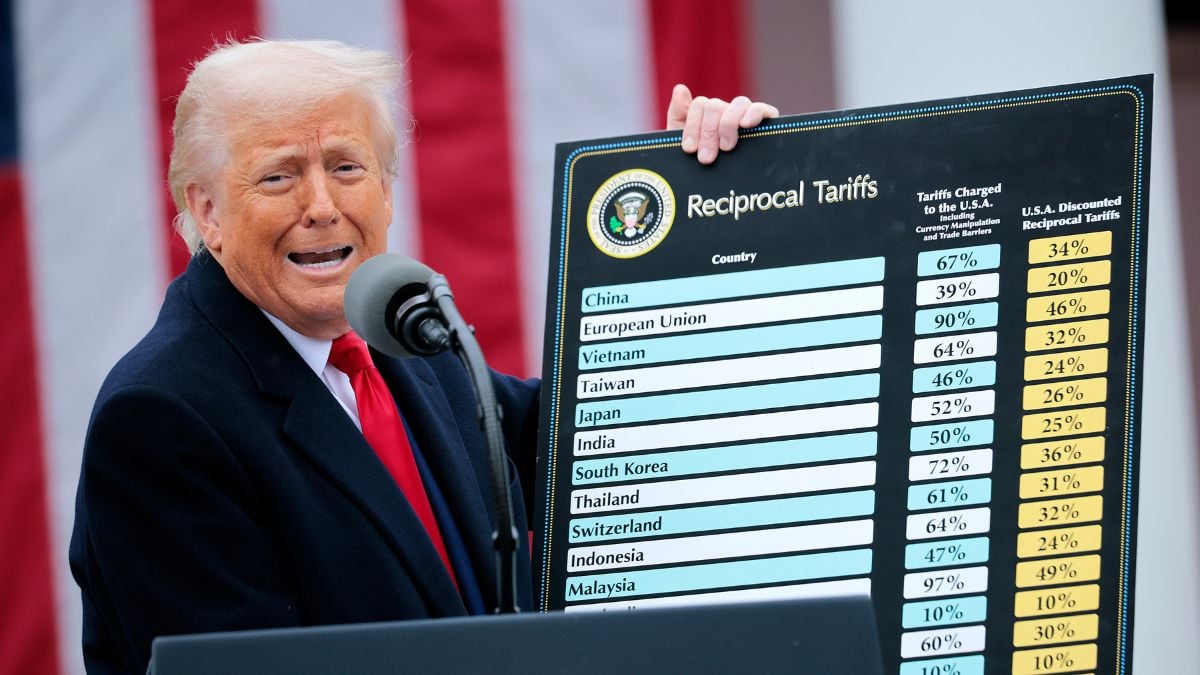
Brussels is stepping up its efforts to work closely with major trading partners, especially fellow G7 members like Canada and Japan, after recent tariff warnings from U.S. President Donald Trump.
This push by the European Commission, led by EU trade chief Maroš Šefčovič, has taken on new urgency. The EU has been in regular contact with its key trade partners, particularly those in the G7, but the latest developments have made it clear that a more structured and united approach is needed.
Yes, I saw it. It's unbelievable that they tried to threaten countries using a copy-paste letter
— iMath (@mathbecon) July 12, 2025
The increased urgency comes after an unexpected shift in President Trump’s policy. The EU had been working under the belief that a broad trade agreement was close to being finalized. However, the U.S. President suddenly announced that he would impose a 30 percent tariff on EU goods if a deal is not reached by August 1. This surprising move led to quick discussions within the EU, with the idea of coordinating with the G7 being raised at an emergency meeting of EU ambassadors.
Facing these threats, the EU has one plan that keeps talks going while also preparing to retaliate if necessary. This careful strategy was visible over the past weekend, when the EU executive, which manages trade policy for its 27 member states, decided to hold off on introducing its first set of countermeasures. At the same time, it moved ahead with plans for a second, larger set of retaliatory tariffs, which could affect around 72 billion euros worth of U.S. exports.
The EU could snap at any moment against the US tariffs
Talks between Brussels and Washington are still happening, especially regarding existing tariffs on steel and aluminum, as well as those on cars. The EU’s trade commissioner noted that the bloc felt a deal was nearly done after weeks of negotiations. Even though the U.S. position changed suddenly, the EU had been given advance notice about the upcoming letter from the U.S. President.
EU finally gets the letter from Trump they had been fearing, threatening 30% tariffs.@vonderleyen says the EU will keep trying for a deal with the US but introduce "proportionate countermeasures if required." pic.twitter.com/0zgxxROv0b
— Georg von Harrach (@georgvh) July 12, 2025
However, not everyone in the EU supports a highly aggressive response. Spain’s Trade Minister, Carlos Cuerpo, warned against being too confrontational. He argued that the current situation calls for continued efforts to reach a deal with the United States, a challenge he believes other major trading partners also face.
The Spanish view suggests that the focus should not be on creating a hostile “common front” but rather on pushing negotiations forward and strengthening trade ties through ongoing cooperation. This more measured approach aims to handle the current trade tensions by prioritizing discussion and progress over immediate conflict, while still keeping the option of a strong response if needed.







